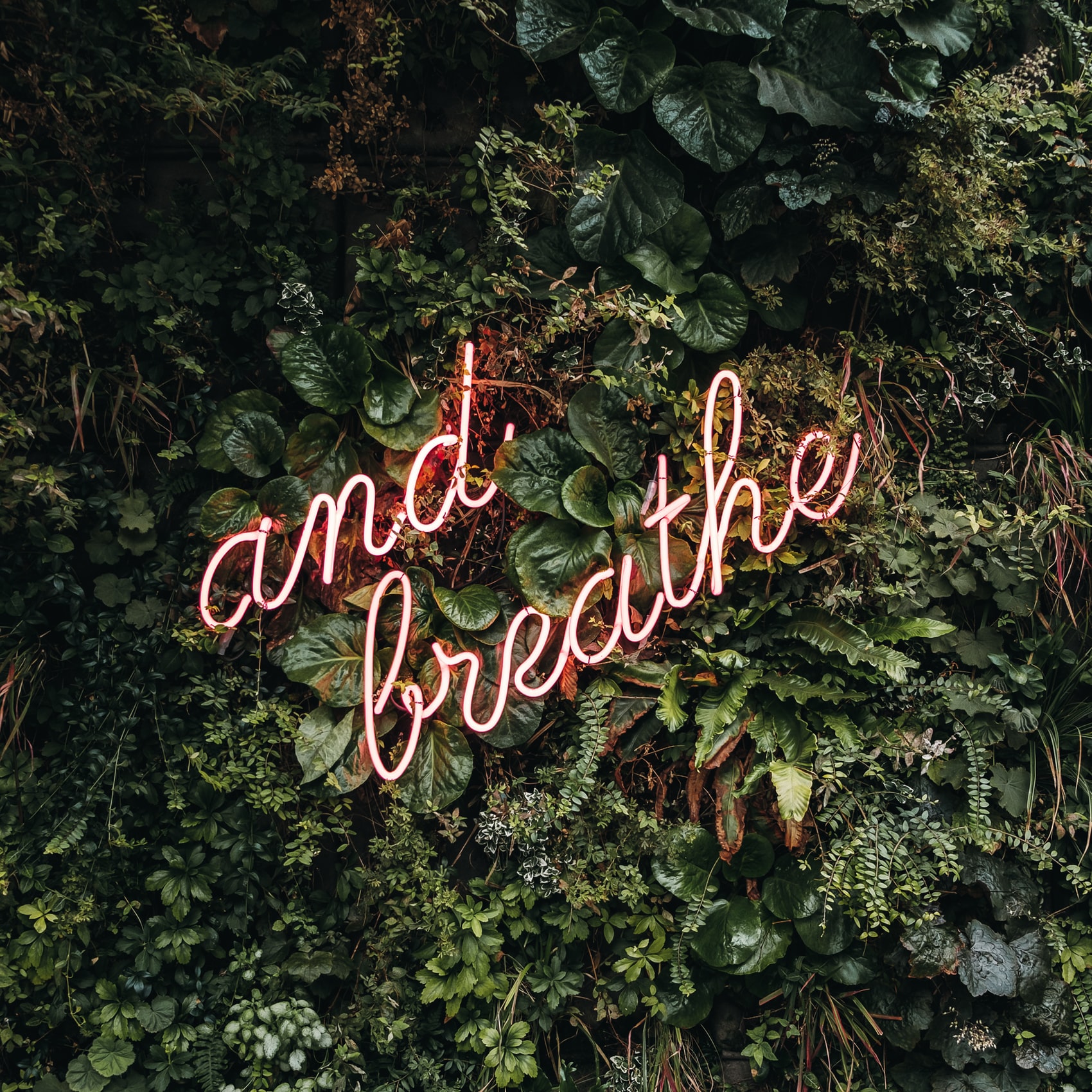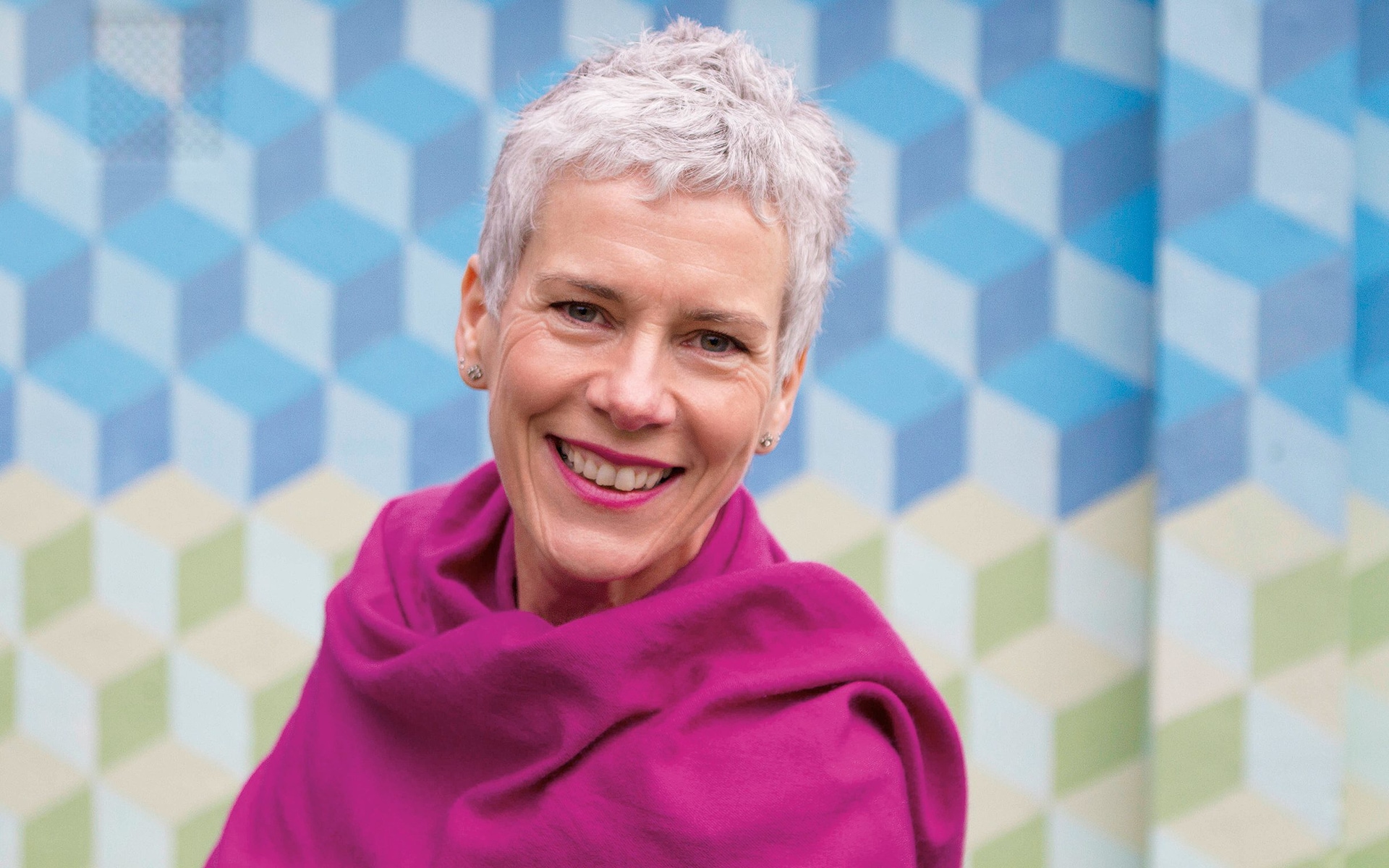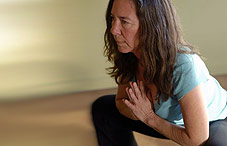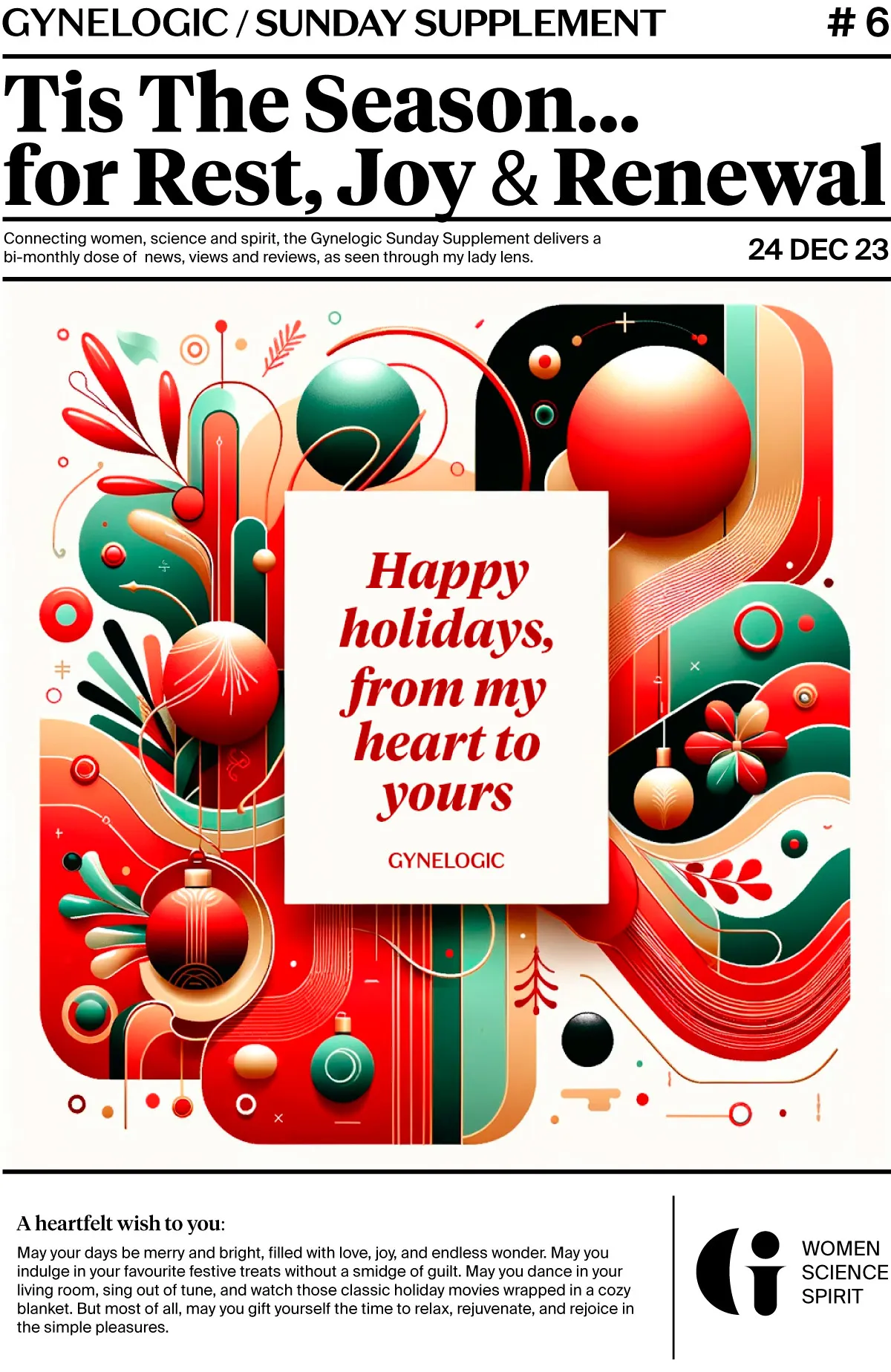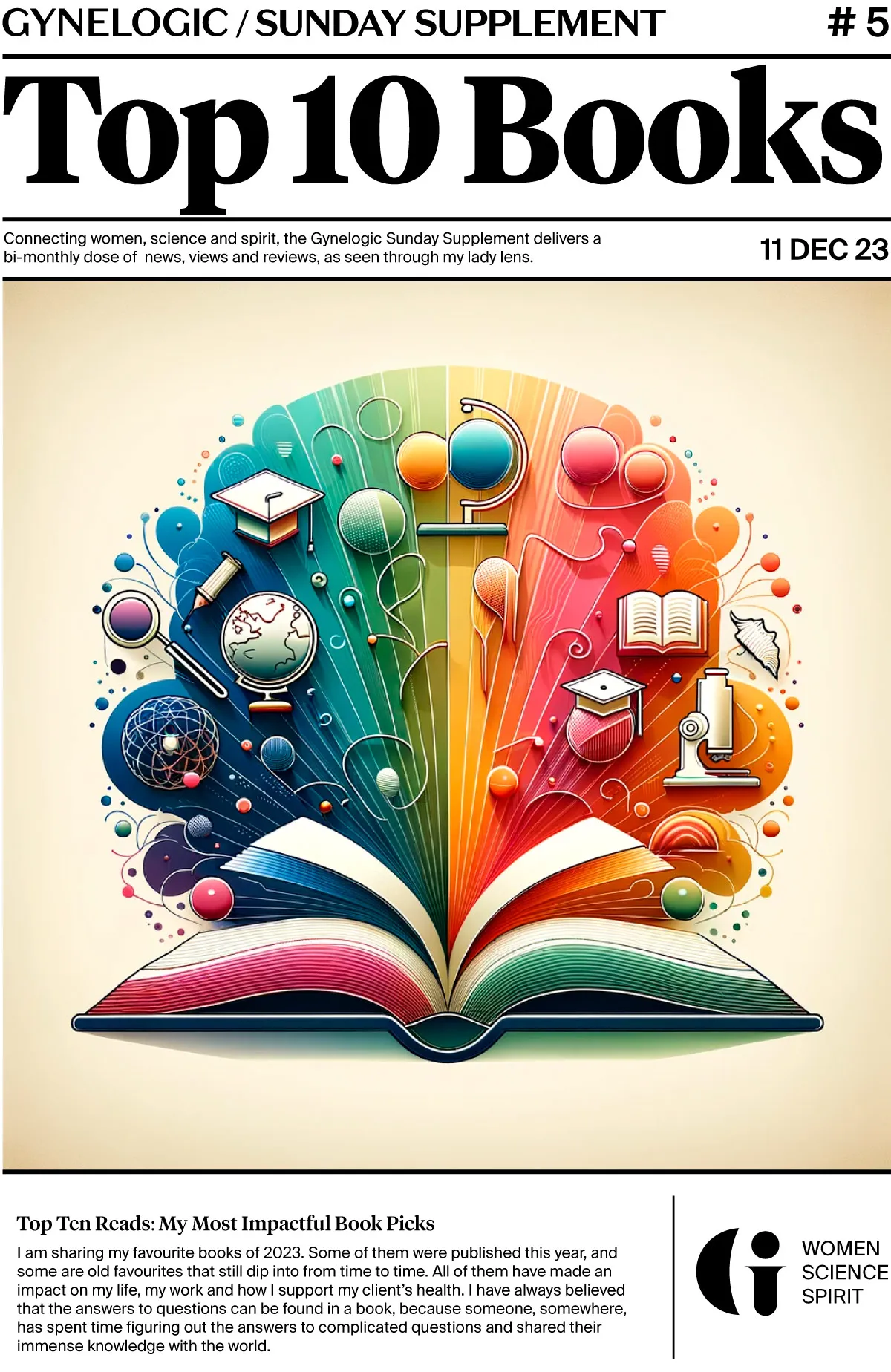…Sometimes my own perimenopausal moods are more rage than anxiety. I woke up the other day and noticed that my husband had placed a couple of champagne corks on top of a picture frame. It made me want to start breaking things. What is this, a goddamned student house? In this state, I noticed things I had missed before: bags spilling out of cupboards, stacks of receipts and change on a table, my son’s stuff everywhere. “It’s like living in Hoarders!” I ranted. If I’d had a pack of matches I could have burned the place down.
When I open the book How to Face the Change of Life with Confidence, published in 1955, I see a question from a woman, 37, who has wild mood swings before she gets her period. The expert male gynaecologist author tells her: “Man reaches physical maturity at 25, and emotional maturity at 35. Unfortunately, you seem to have missed the boat somewhere along the line, and you are still in your childish stage of emotional reactions.”
Decades of that sort of condescension have kept women from asking certain questions twice.
“Almost every woman I know of my age is feeling confused and in a state of transition even as most of us are at the top of our game in our careers, financially stable and pretty comfortable with being parents,” said Yvette, 43, a Californian who is the COO of a video game company. “I spend a lot of time with other friends of my age. We talk about the fact that we are widening and softening where we don’t want to and don’t know if it makes us shallow or not feminists to do something about it; the fear that we don’t know how to monitor our children’s screen time; the fact that we don’t really like or need sex very often; our worry that we are losing time to try our ‘dream’ job.”
Experts in gynaecology maintain that hormone replacement therapy (HRT) remains the most effective scientifically proven treatment for the symptoms of menopause. And yet, fearing the increased risk of cancer, stroke and blood clots that we’ve long heard comes with a hormone therapy regimen, we’ve gone rogue. That, perhaps, is why Gwyneth Paltrow’s online community Goop can get away with selling us expensive jade eggs to stick up our yonis.

